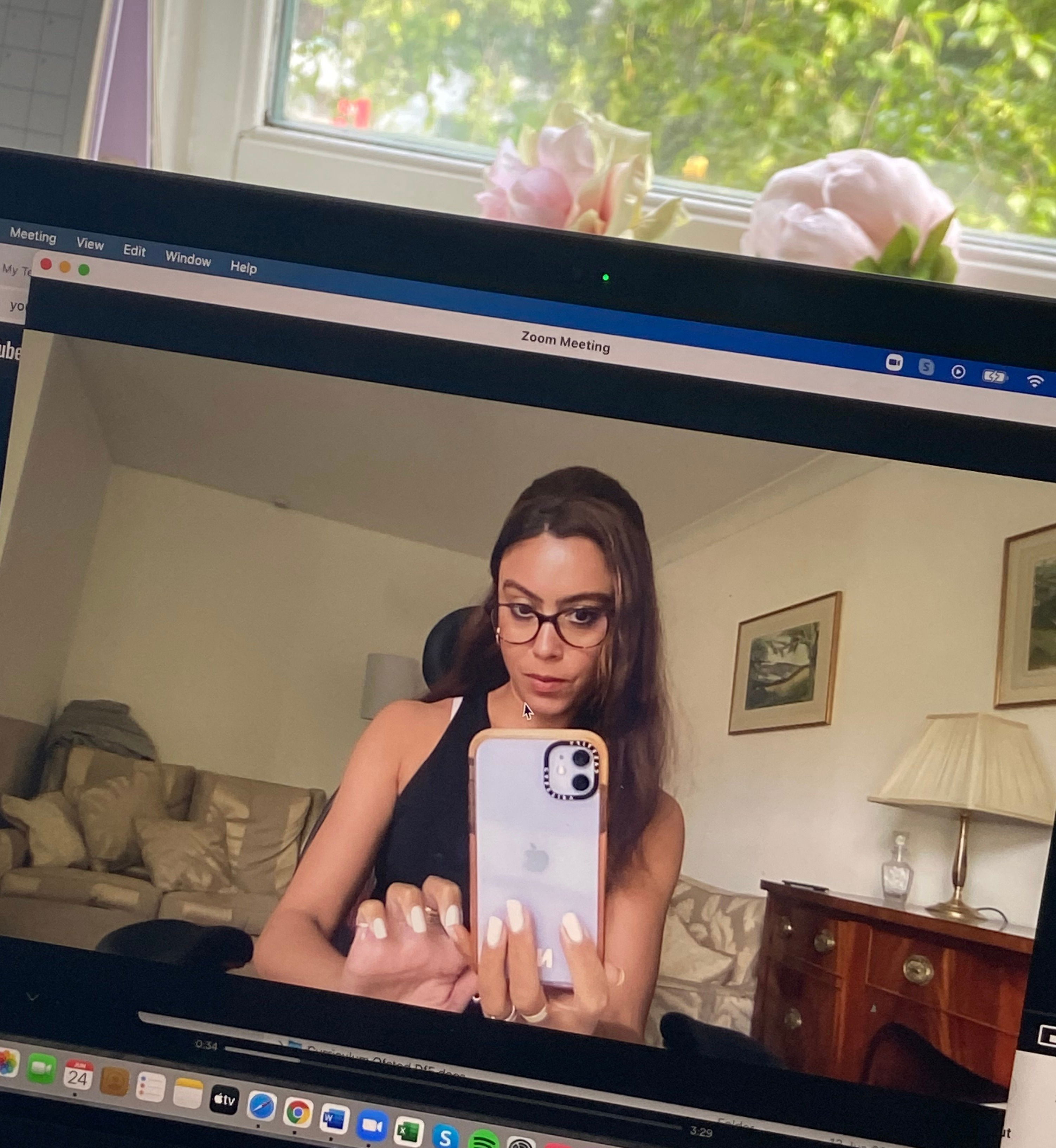My Summer Institute: Summer teacher training with Teach First
My summer of teaching & learning
In short, I loved Summer Institute (SI). It marked the start of my teacher training and ran for five weeks, from 21 June to 23 July. It was an intense, full-time period of training that prepared me for the classroom. I knew that I wasn't going to get paid during SI, so I had some savings tucked away to see me through. Evenings and weekends were times to relax and unwind, and working alongside SI just wasn't an option for me. My SI was all online, and the timetable involved self-directed work, live sessions, seminars and lectures. I had seven university days, led by my university's primary education lecturers, and training from Teach First's (TF) development leads (DL). The DLs were former teachers, and they co-delivered sessions and seminars.

Because my SI was all online, I didn't meet my lecturers, development leads or other trainees in person. I was assigned a DL to support me throughout the five weeks, and we had weekly meetings online. She checked on my progress and well-being and was wonderful. She thought that my transition from TV to teaching was a really huge thing and inspired me to write my blog :). I was in a WhatsApp group with the trainees in my TF seminar group, and we messaged each other with any queries we had.
My next seminar is about to begin :)

During the SI opening ceremony, I heard from TF's CEO, TF ambassadors and other inspirational educators. It was a great welcome to SI, and I was pumped about the year ahead. I wanted to make a difference every day, and I knew that teaching children would be highly rewarding.

It was a privilege to be learning again, and I felt like a sponge absorbing it all. My lecturers and DLs were highly knowledgeable practitioners, and I knew that I was experiencing high-quality teaching from a team of educational experts. SI taught me a great deal about teaching and learning and covered topics such as planning, assessments, classroom management, cognitive science and safeguarding. I learned about educational research, resources, lesson plans and pedagogy. There was so much new vocabulary, and I often felt like I was learning a brand new language. (The word 'pedagogy' would become a staple throughout my training).

My lecturers and DLs always emailed me their slides before each session, which was really helpful. I printed them off, and they were a great resource. The key text that I used during SI was 'Teach Like A Champion' (TLAC) by Doug Lemov. I learned about the many TLAC techniques that focus on classroom management and creating a positive classroom culture.

My TF self-directed work involved me working through specific units of work within TF's online learning platform (it was called Brightspace). Each unit prepared me for the following training session and seminar, which was really helpful. They involved reading, watching videos, taking notes, completing quizzes, answering questions and writing scripts. The online units were a great introduction to each area of learning and enabled me to process the abundance of new theories, models, strategies and techniques.

The TF seminars focused on scenario-based learning (SBL) and allowed me to reflect on common classroom scenarios. We all discussed the best response to different scenarios, whether it was dealing with an upset parent or conflict in the classroom. Seminars also involved lots of deliberate practice in small break-out groups. We all used our prepared teacher scripts and gave each other constructive feedback. A couple of my TF self-directed tasks involved recording myself at home while doing simple classroom practices (such as 'threshold', welcoming pupils into my classroom). I uploaded the videos to an online platform called 'Iris' (see separate blog on recording yourself teaching) for my DL to view and comment on.

My university training days began with an introduction from my university's senior lecturer in primary education. I also heard from other tutors and watched a pre-recorded video on the role of the university in my training. My university days focused on subject-specific training, and I had lectures on teaching maths, English, phonics, science and PE. My self-directed work involved me watching pre-recorded lectures and reading key educational documents. I was put into a small seminar group where I discussed what I'd learned.

The third week of SI involved spending four days at my employment school. These days were called the employment days (see separate blog on these days) and SI prepared me for them. I was given observation forms and lesson plans, as well as a checklist of tasks that I had to complete. Most of the week involved me observing other teachers, and I also had to do some teaching. It was great to meet staff and to see teachers using the strategies and techniques that I'd learned about at SI.

I thoroughly enjoyed my summer of teaching and learning and couldn't believe how much I'd learned. I was thrilled when my DL told me that I'd passed SI and was able to progress with the programme. By the start of the new term, I had a new DL, and I was looking forward to meeting my new class and colleagues. I left SI with a lever-arch folder full of notes and readings, and I knew that it would be a great resource throughout my training.
